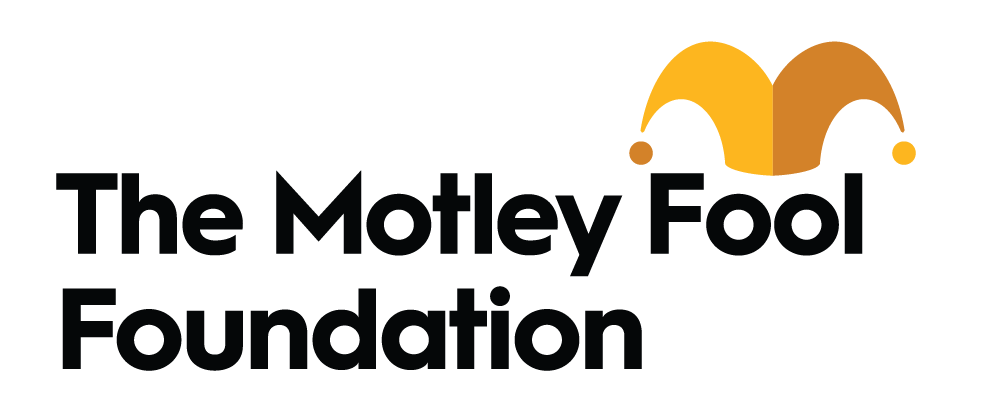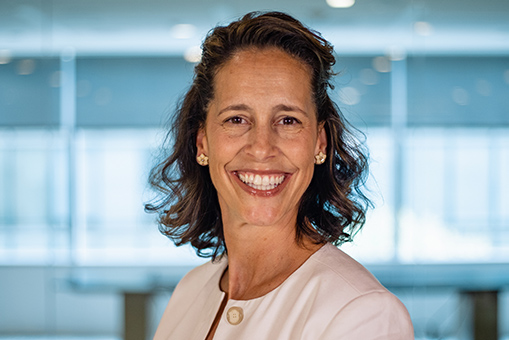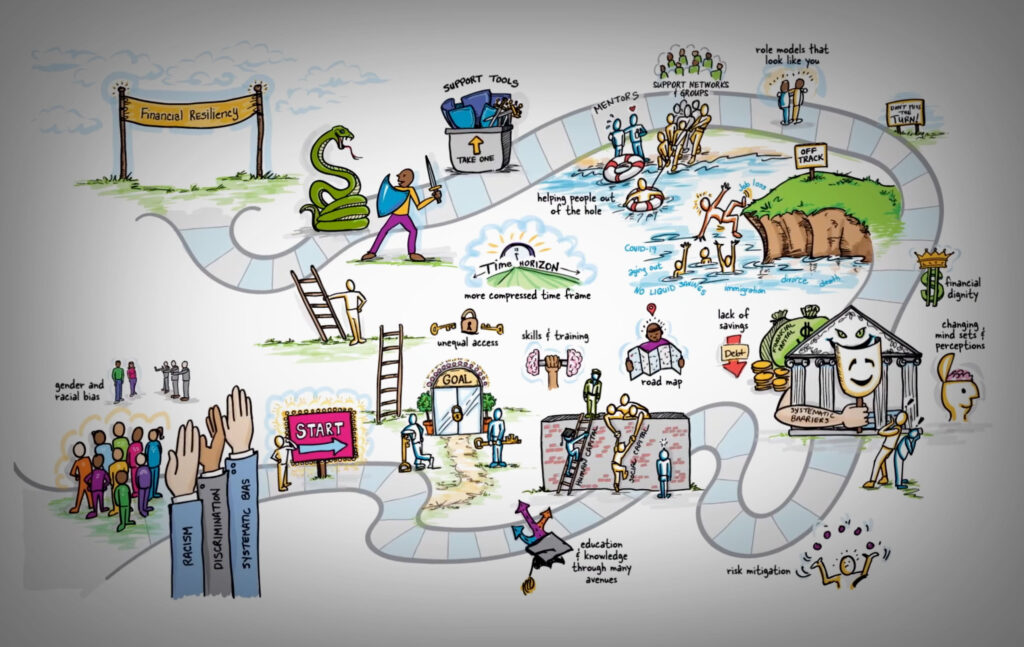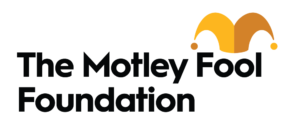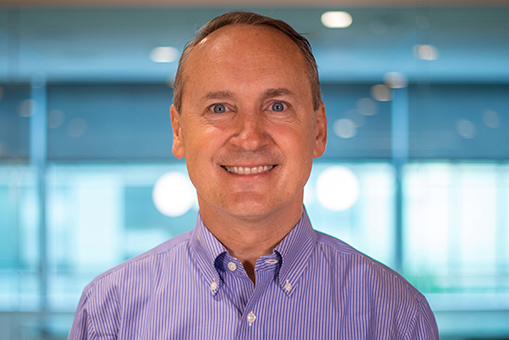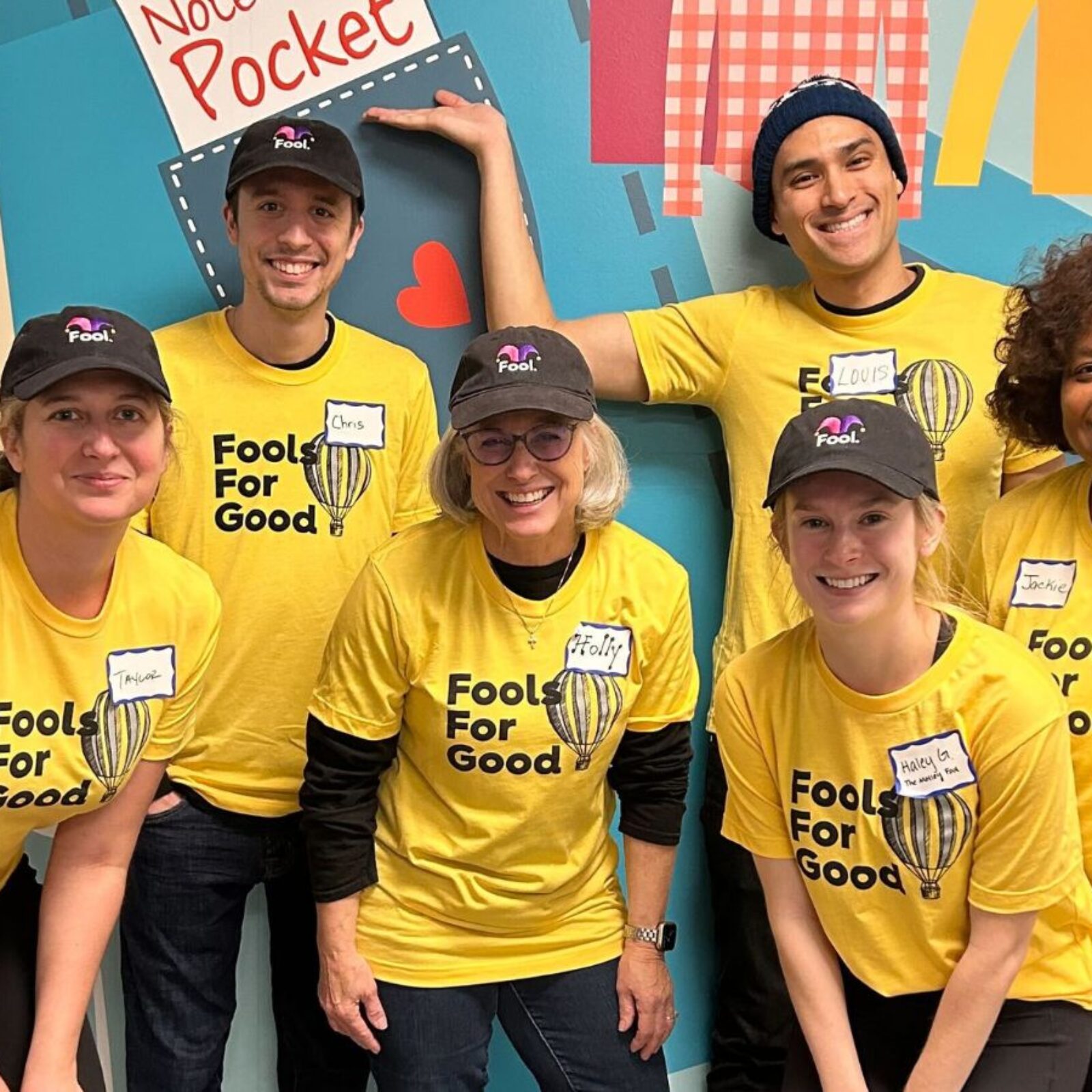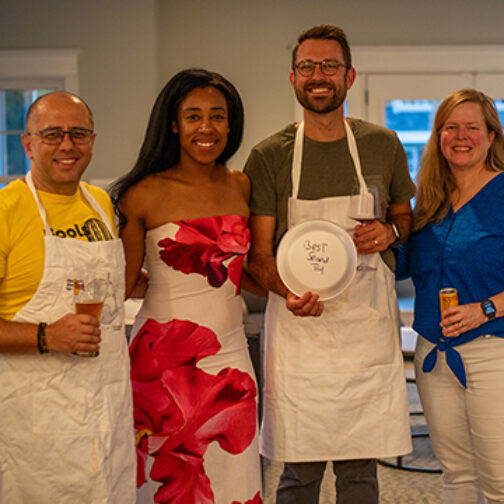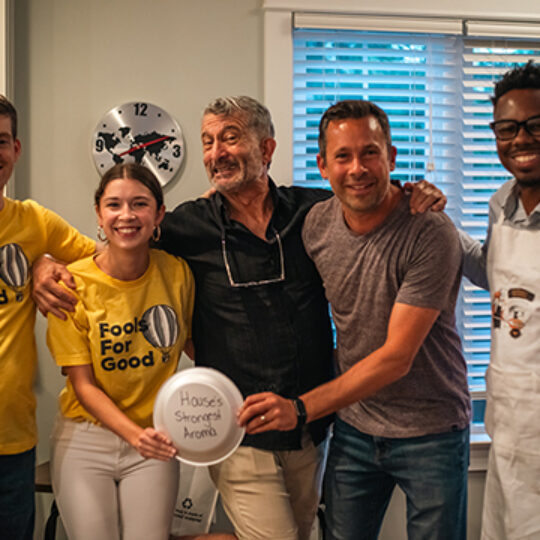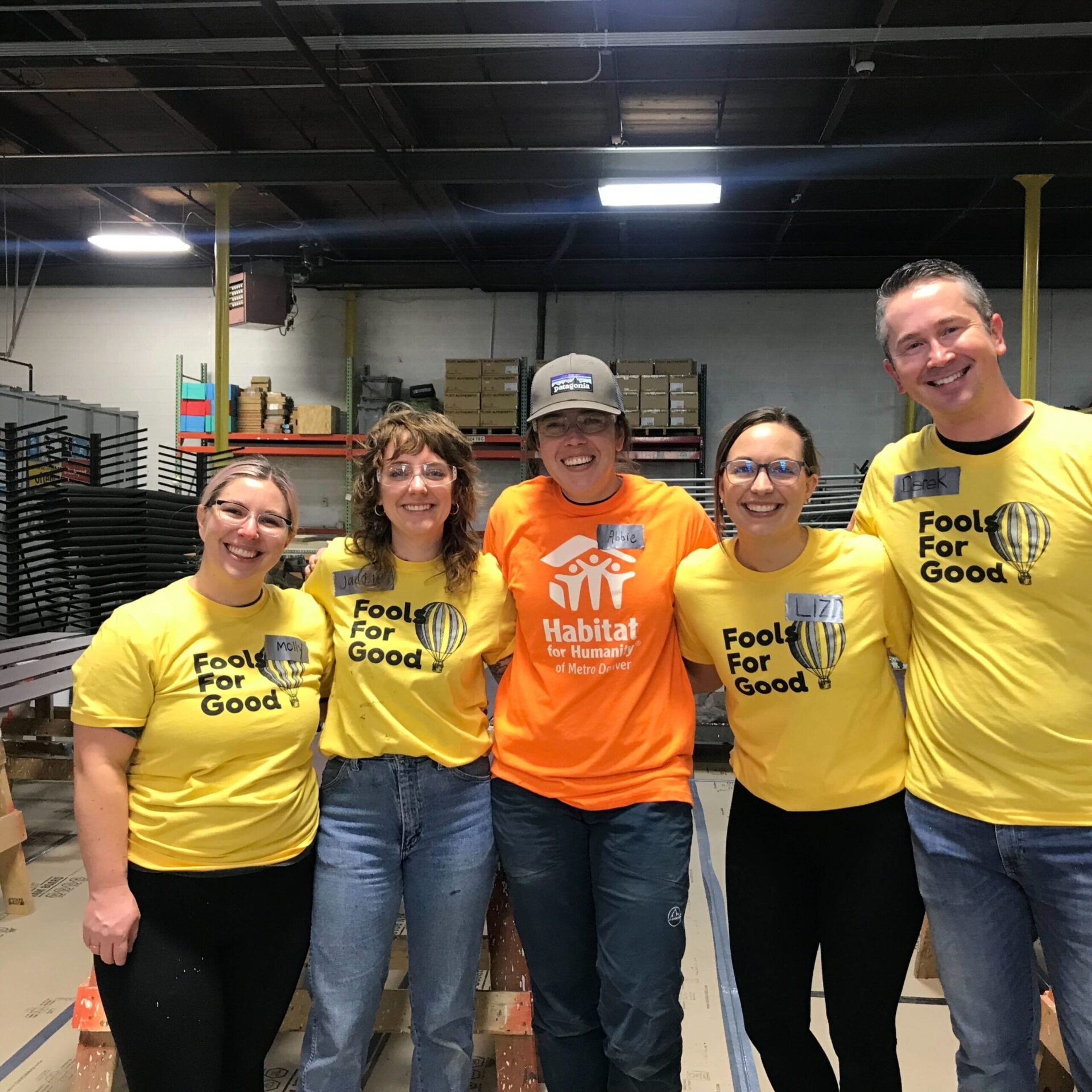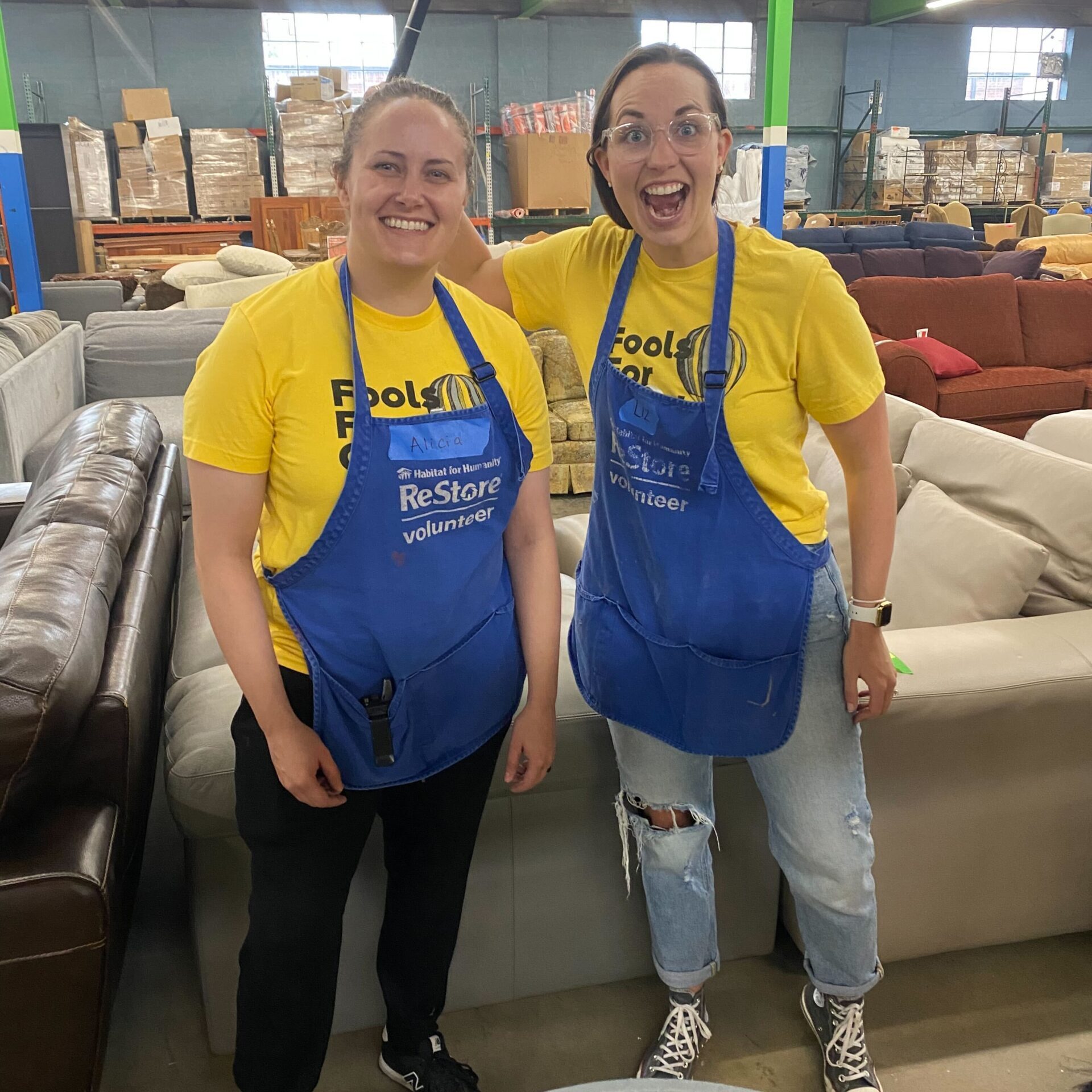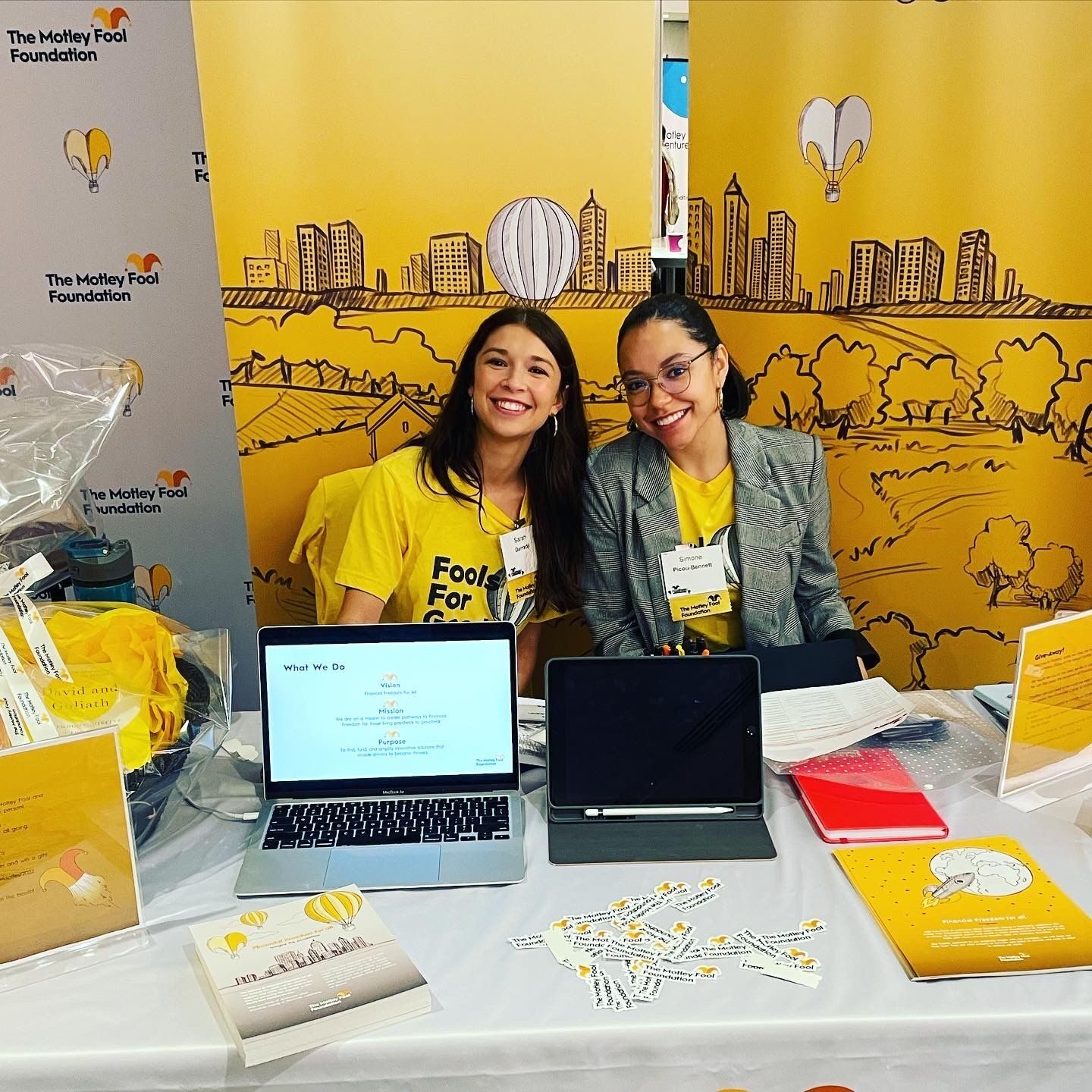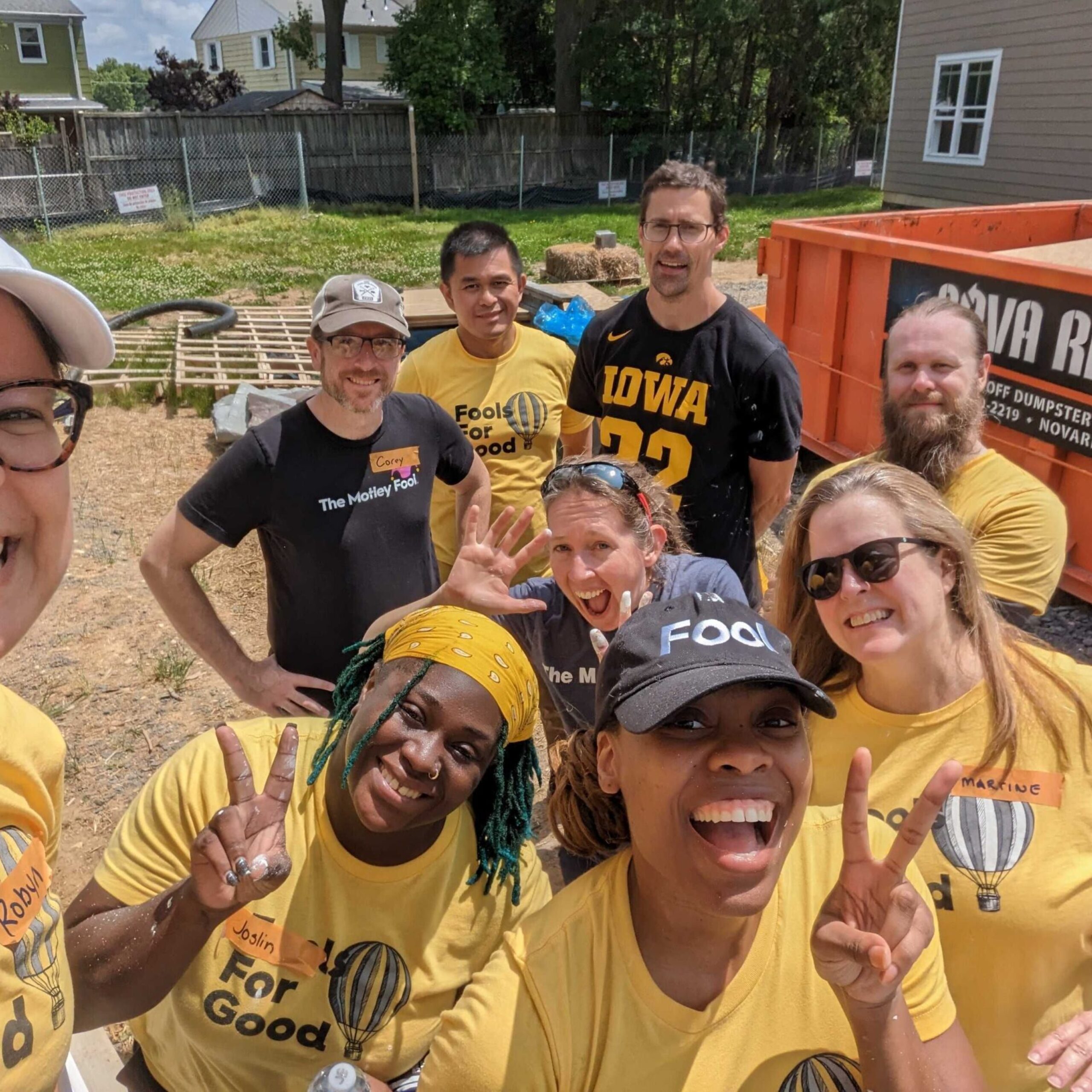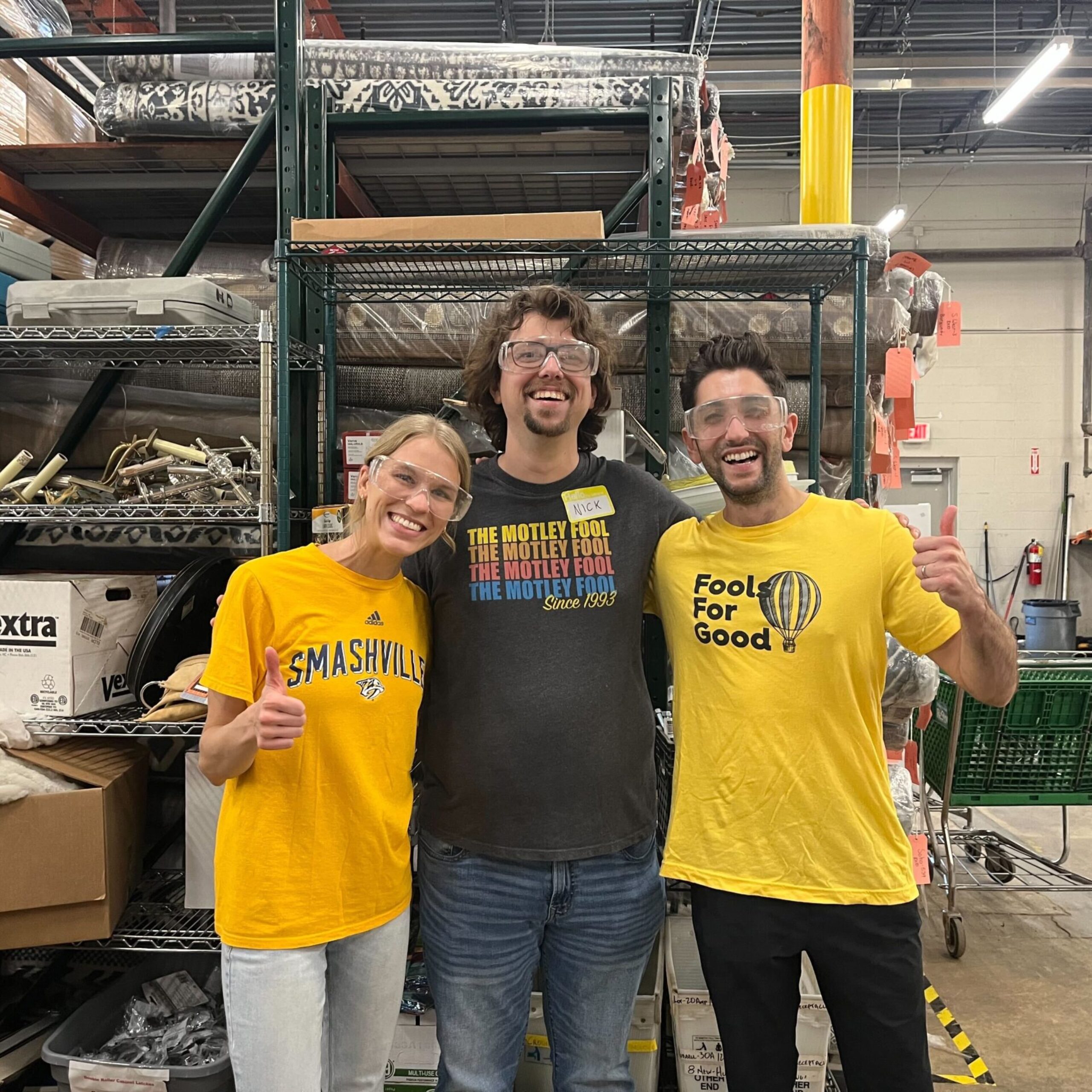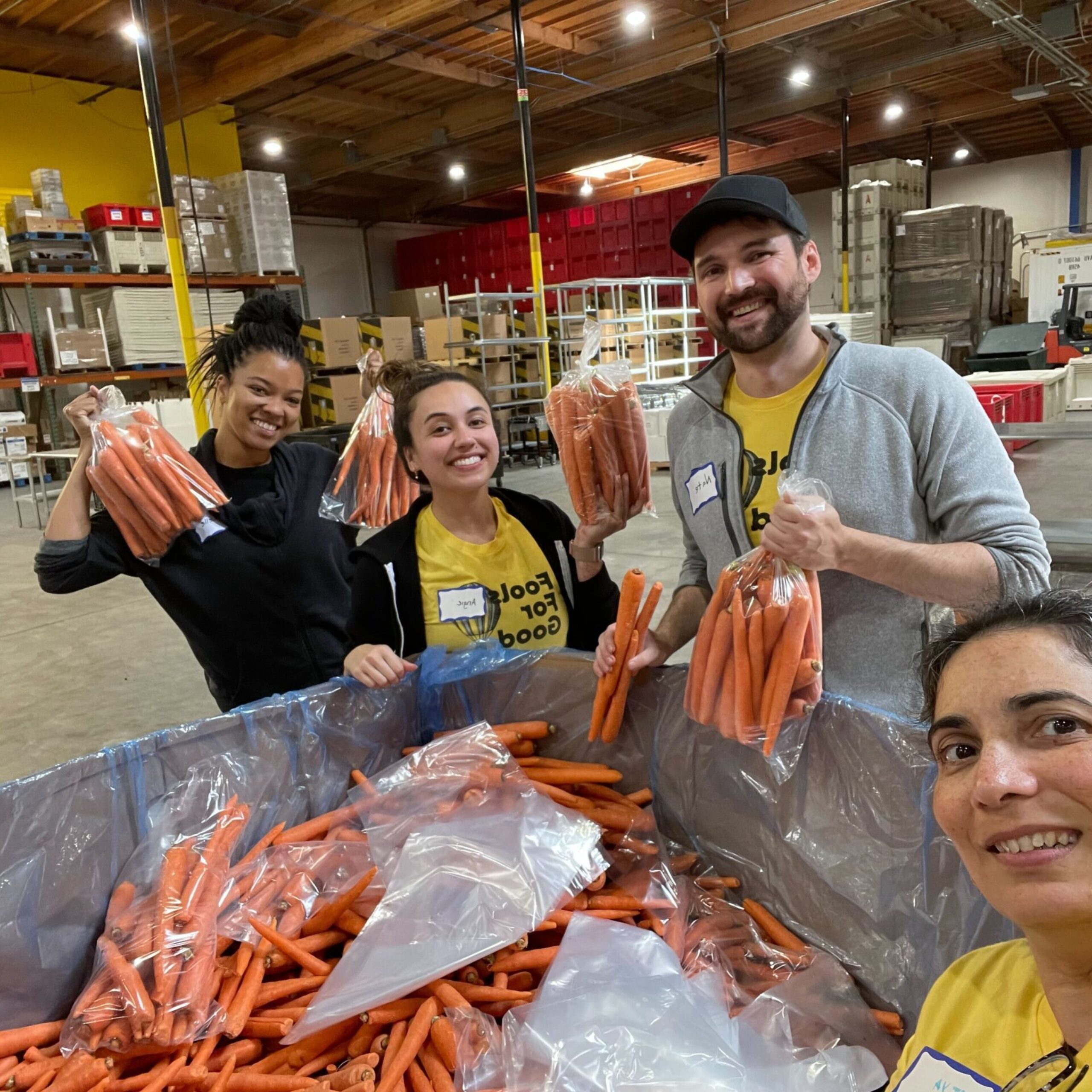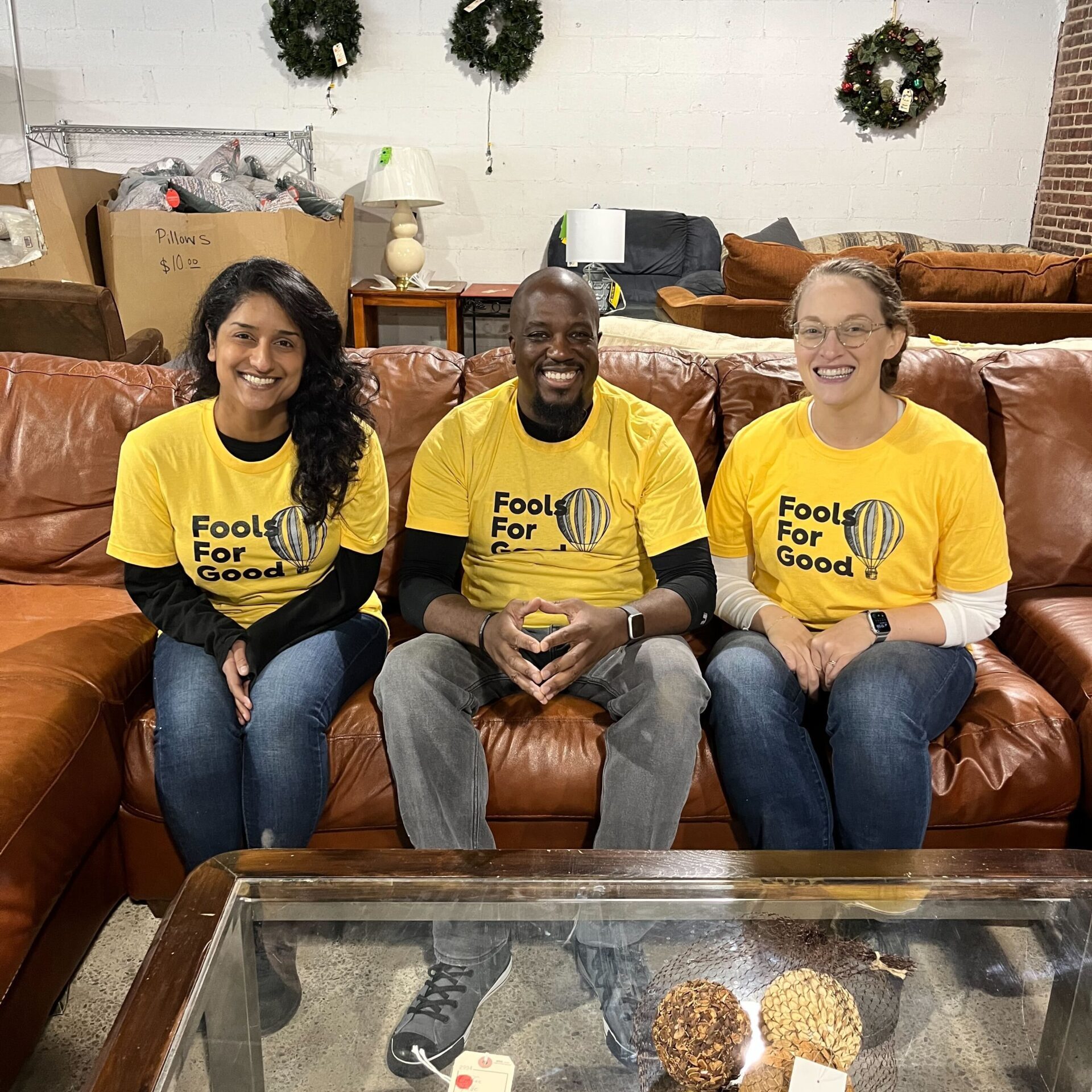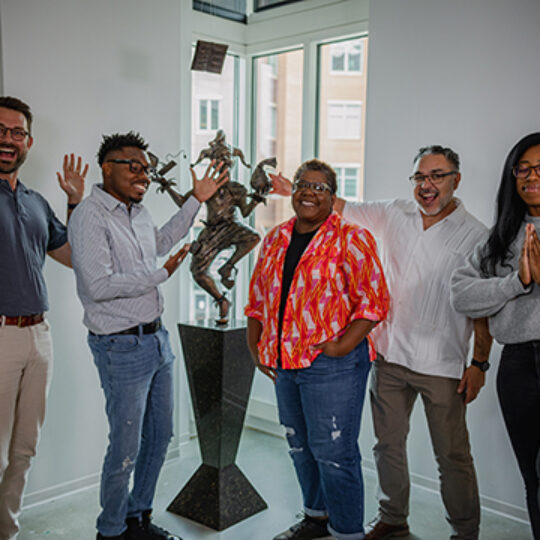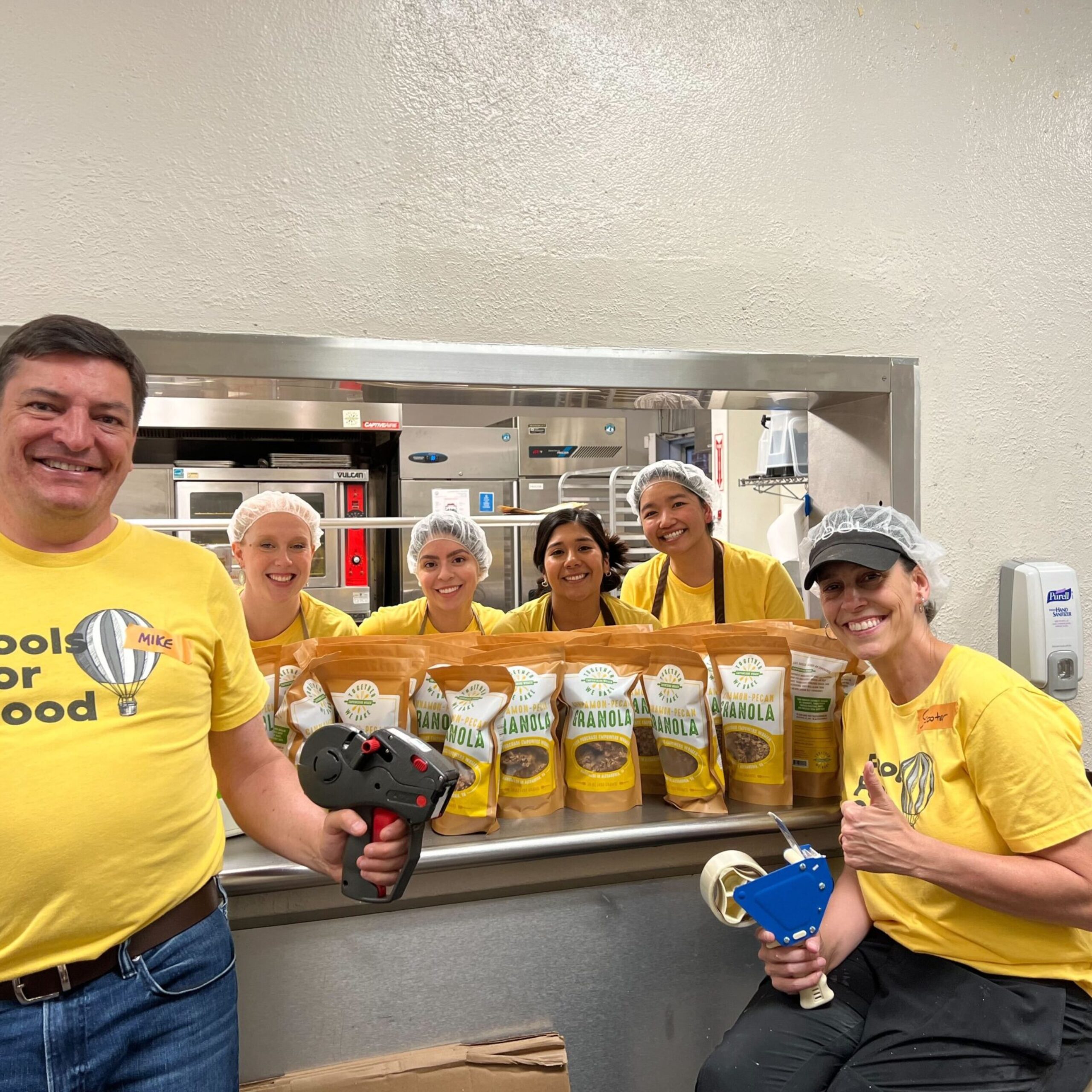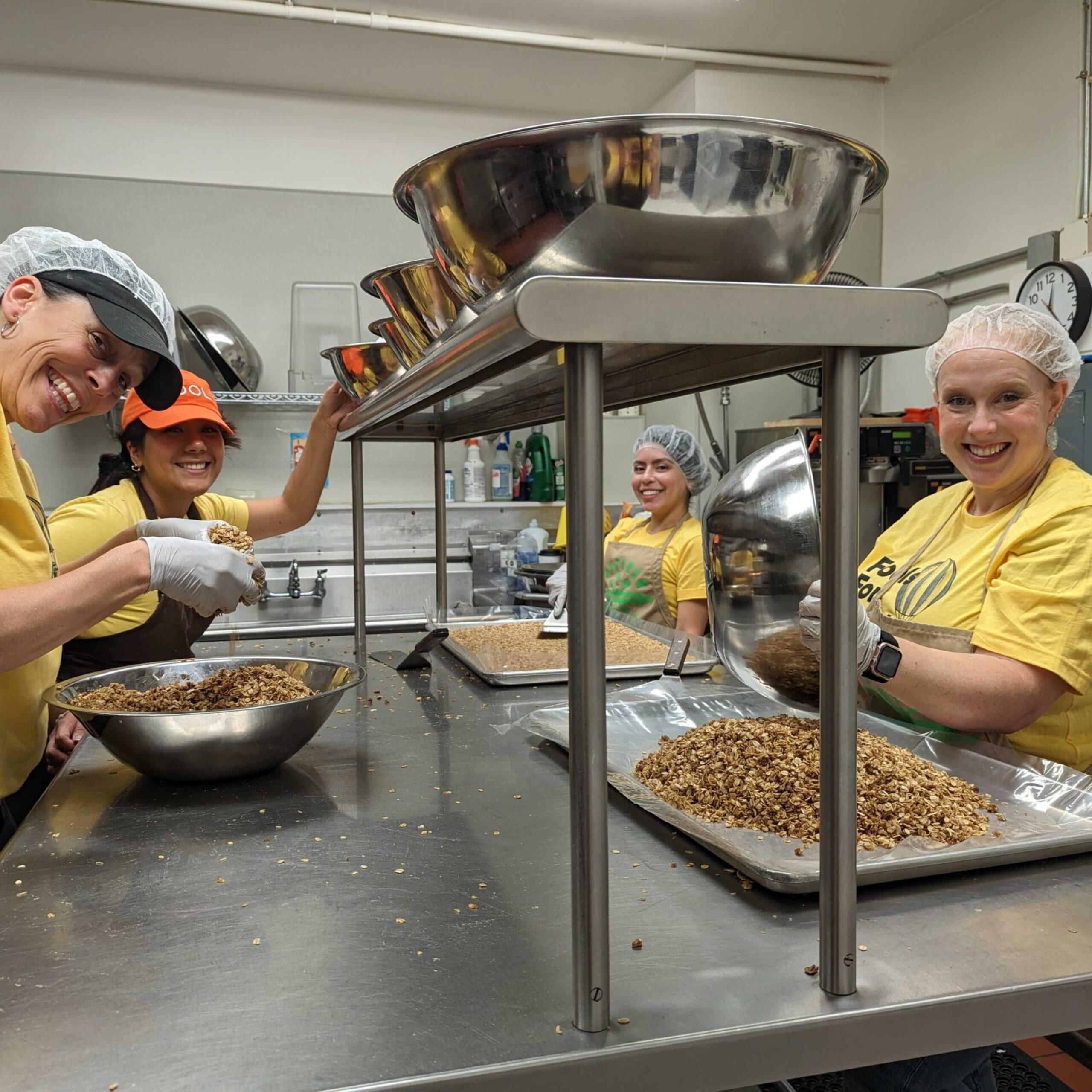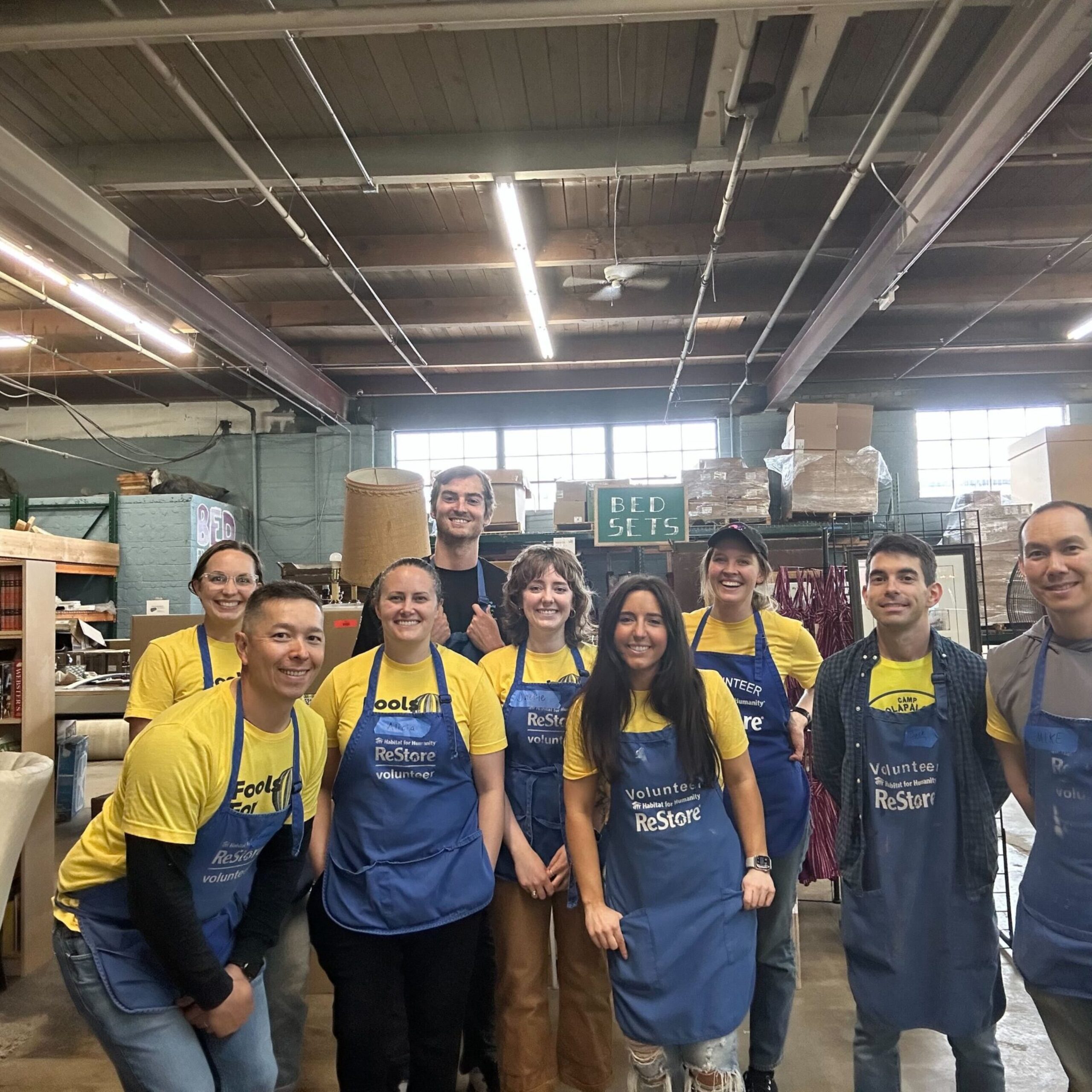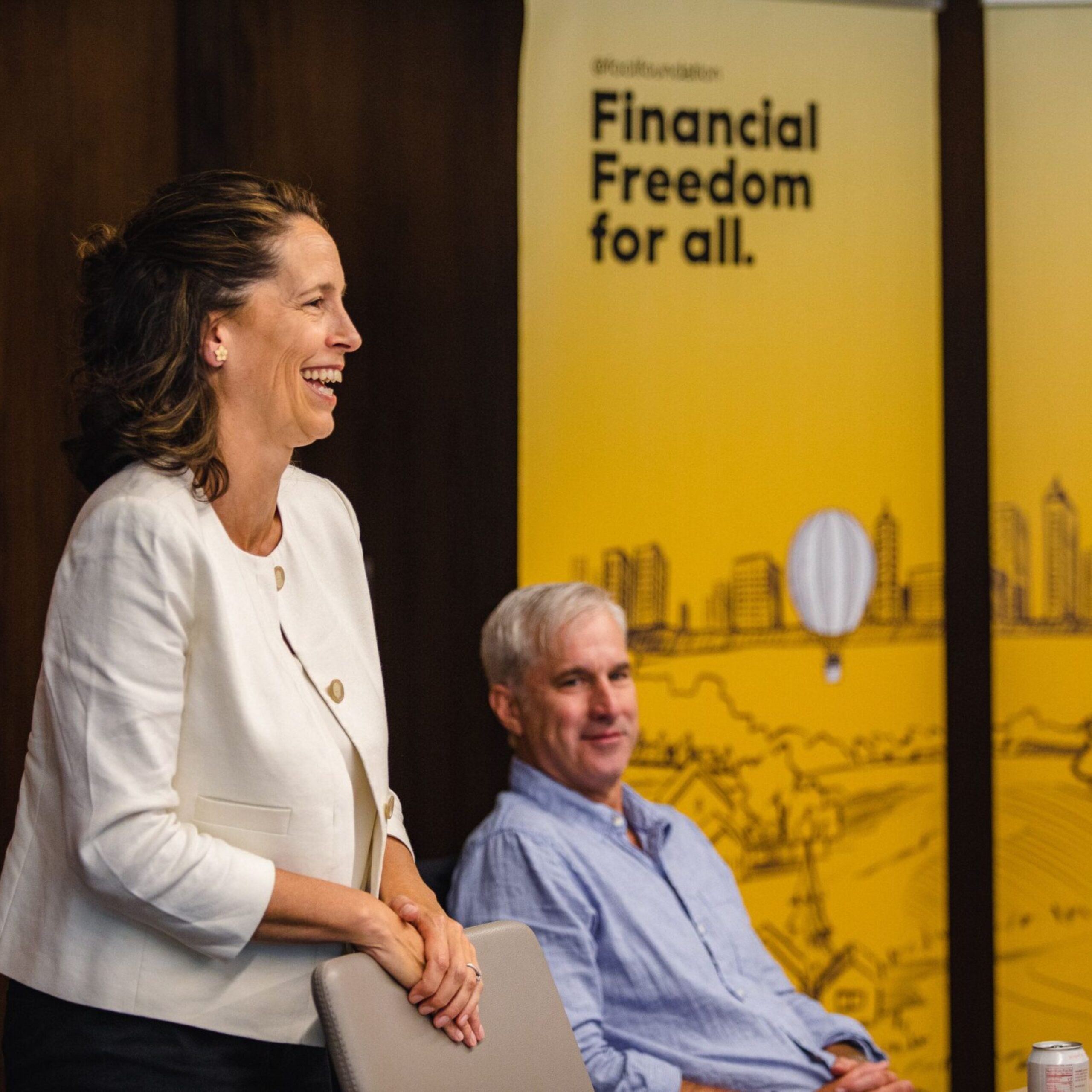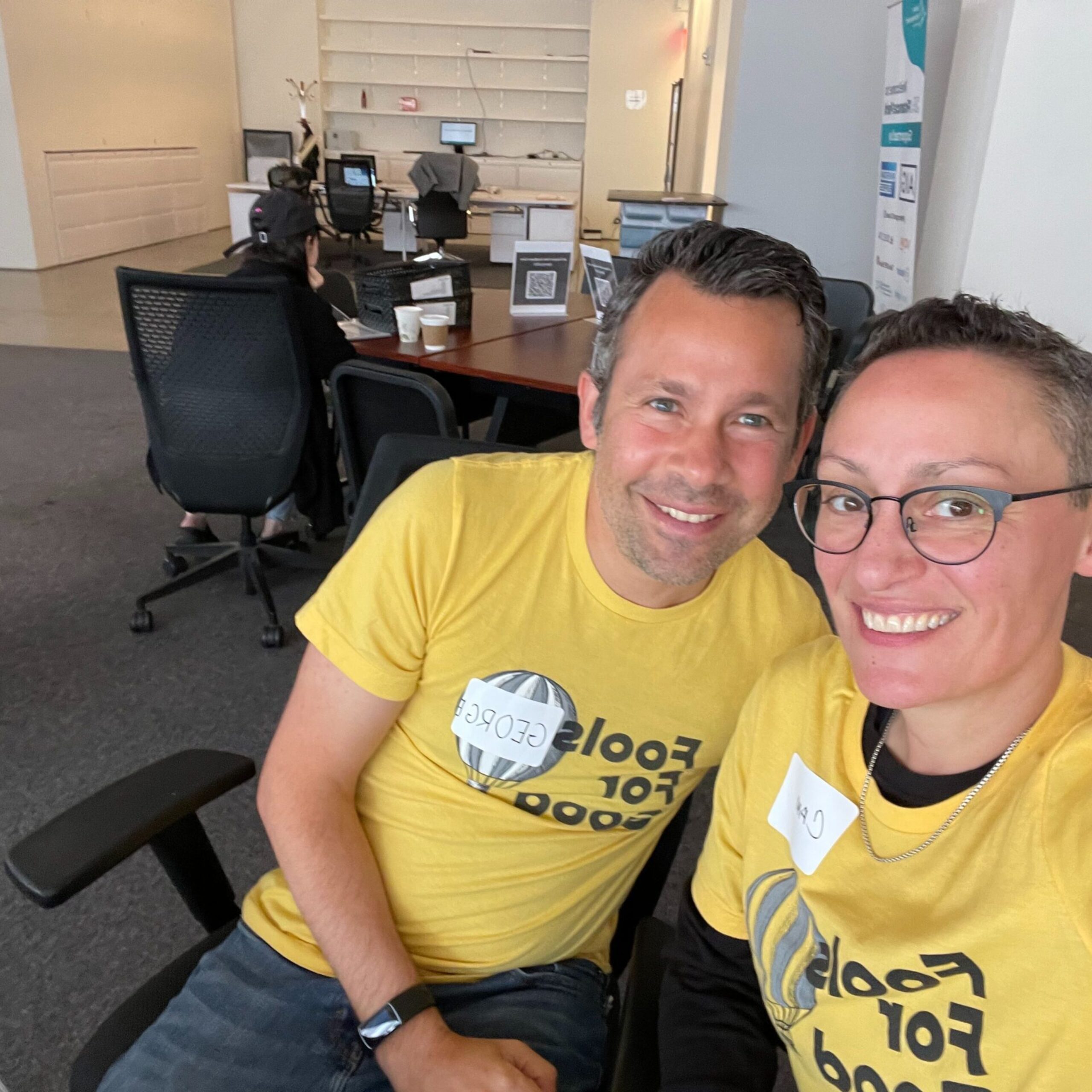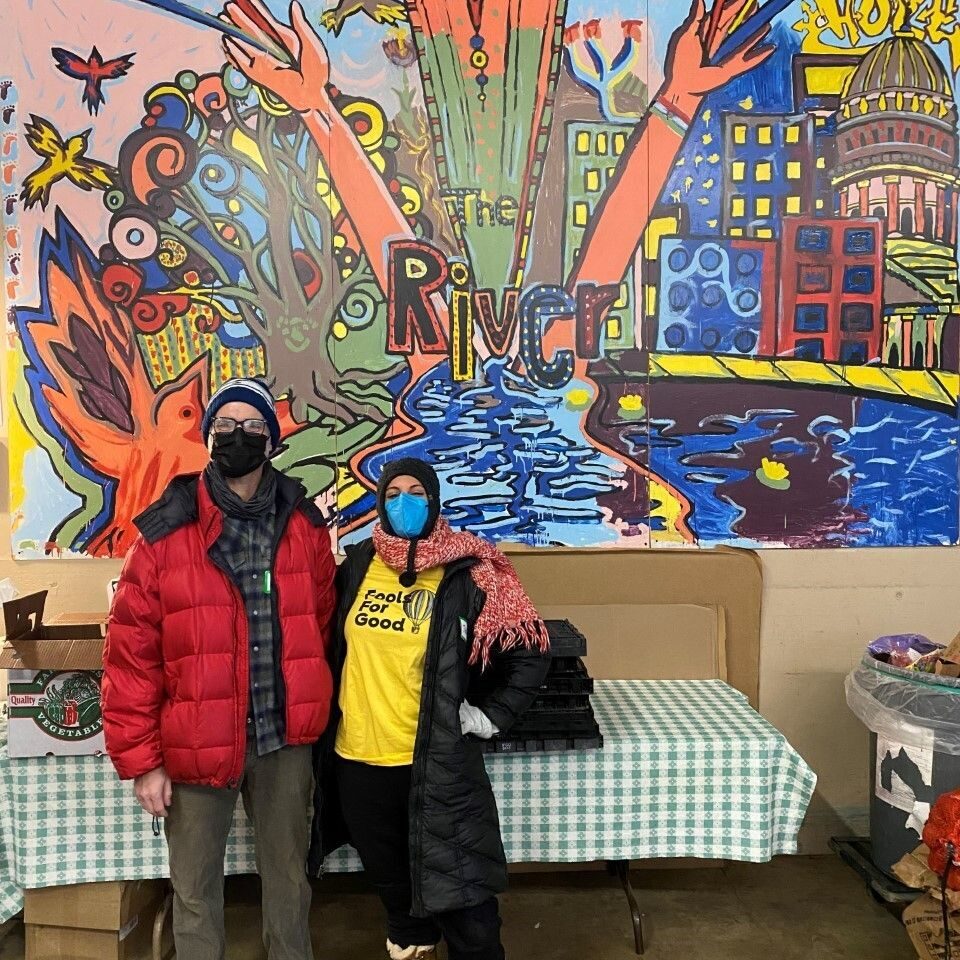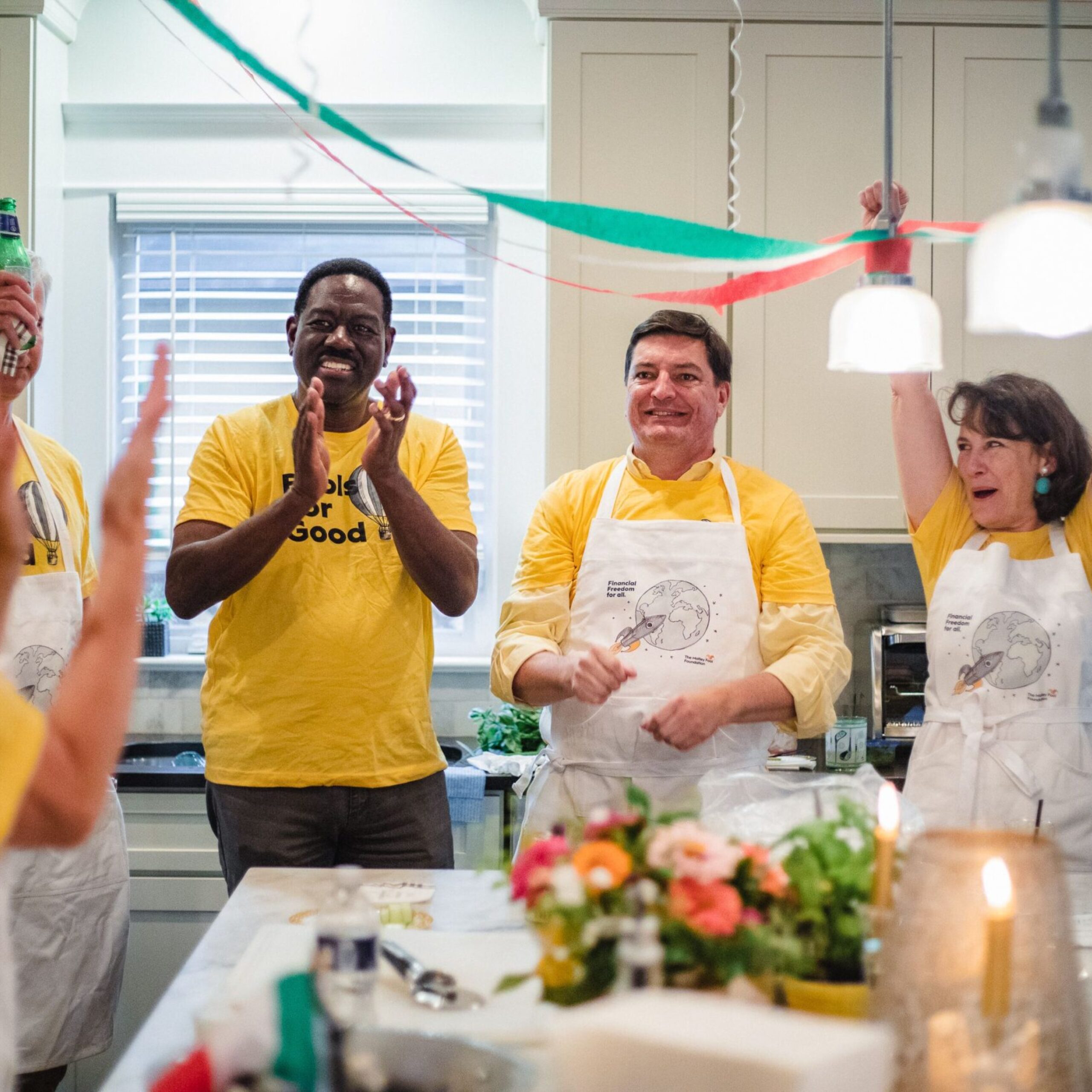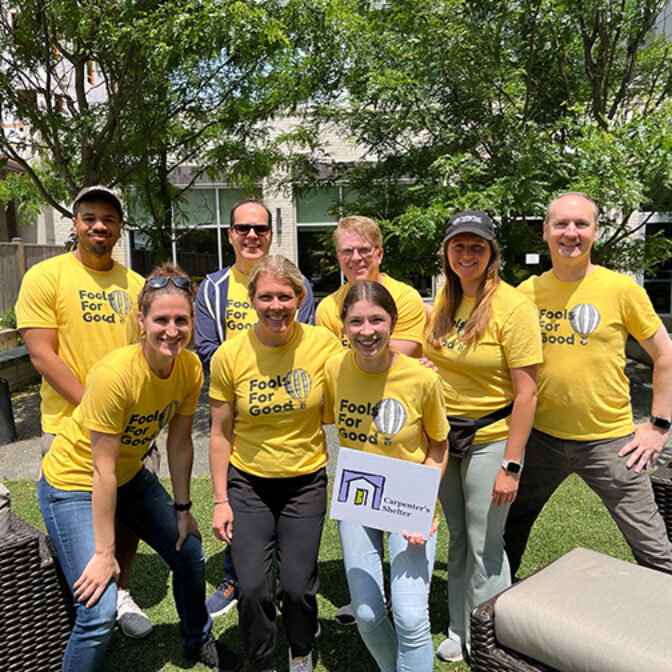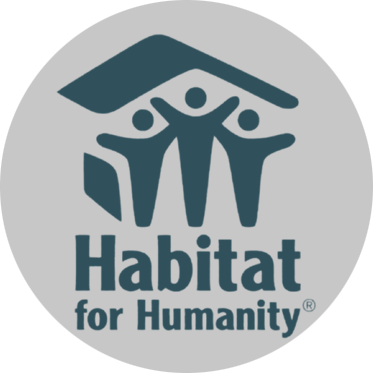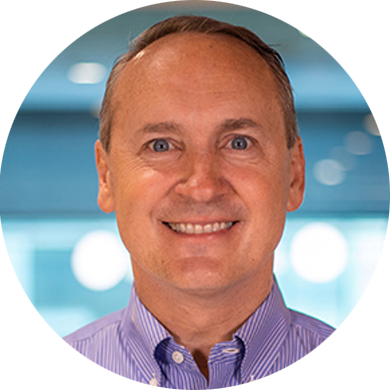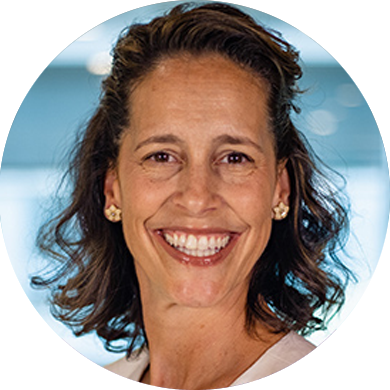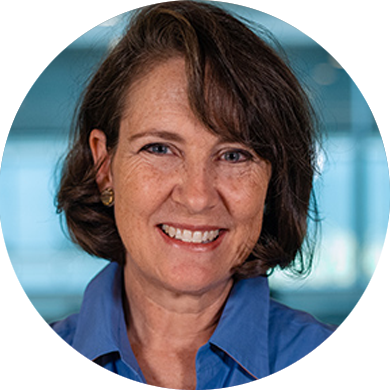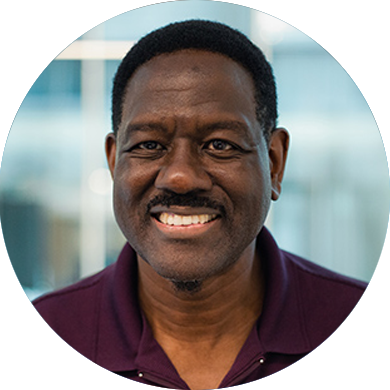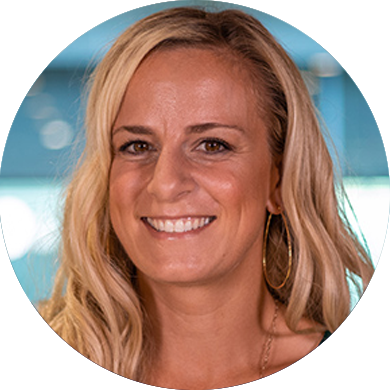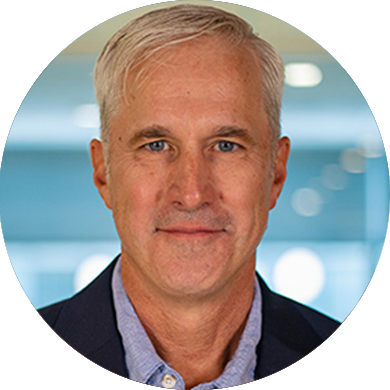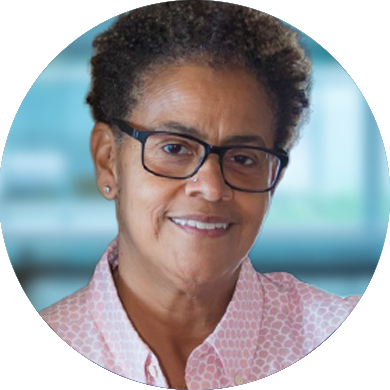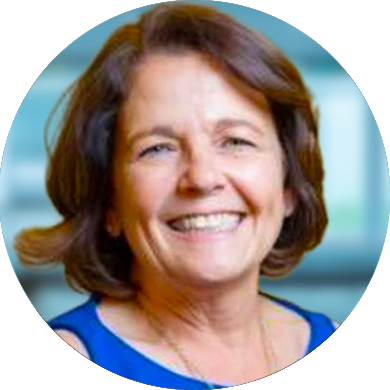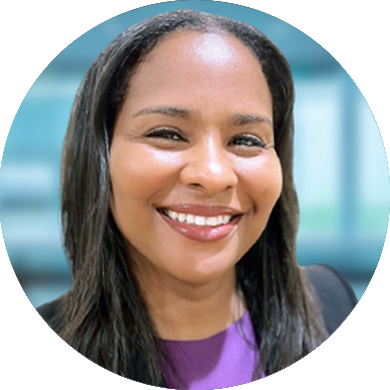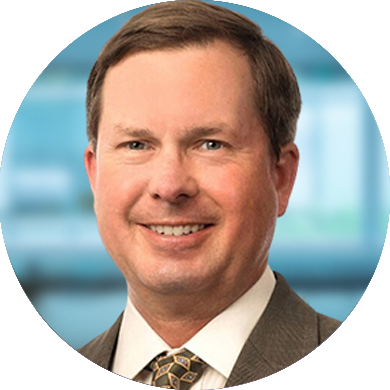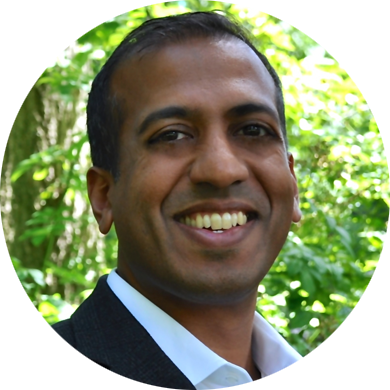José Quiñonez, an American financial services innovator, founded Mission Asset Fund (MAF) in 2007 to bring formal recognition and legitimacy to informal peer-to-peer lending networks, aiding marginalized communities in building credit. As a MacArthur Fellow, Quiñonez's vision led to over 92,000 grants and loans to immigrants, people of color, and low-income families, aiming to improve financial stability with higher credit scores, increased savings, and reduced debts. His work began humbly in a small San Francisco office. Quiñonez's approach is deeply rooted in the lives of the people MAF serves. While celebrating past successes, he emphasizes the ongoing need for more profound research and expanding services to enhance financial security and enact social change. In 2022, José was appointed to President Biden’s Treasury Advisory Committee on Racial Equity.
Quiñonez's journey from Durango, Mexico, to the helm of MAF is a testament to the transformative power of resilience and social entrepreneurship. After losing both parents by age nine, he and his siblings supported themselves in any way possible, eventually immigrating to the U.S. and achieving legal residency. Quiñonez's path diverged from his siblings' local business endeavors as he pursued higher education and a career in public affairs. His experiences informed his work at MAF, where he developed strategies to incorporate financially excluded communities into the mainstream economy. His model includes innovative lending circles and focuses on building financial literacy through experiential learning, aiming to prepare clients to confidently engage with mainstream financial institutions. Quiñonez's impactful work continues to evolve, with MAF expanding its reach and services to foster economic empowerment and inclusion. Learn More >>
Kimberly Driggins, Executive Director of the Washington Housing Conservancy (WHC), is a critical figure in combating the affordable housing crisis in Washington, D.C. Under her leadership, WHC, established in 2018, has dedicated itself to preserving affordable workforce housing and preventing the displacement of vulnerable communities. Its mission is to support moderate to low-income African Americans and others of color. Her efforts are backed by a rich history in urban planning and real estate development, including significant roles in Detroit and Washington, D.C. Driggins' expertise is recognized nationally. Her work with WHC is a testament to her commitment to fostering inclusive, mixed-income neighborhoods.
In one of the articles Driggins authored, she brings to light the dire situation in D.C., where exorbitant rents create an affordability gap affecting over 72,000 households. Her strategic interventions through WHC have provided a lifeline for individuals like Maria, a single mother of three facing the threat of displacement as her rent surged beyond her means. Thanks to WHC's initiatives, Maria could retain her home at a sustainable cost, alleviating the stress that once consumed her financial and mental resources. This stability allowed Maria to focus on her family's well-being and pursue further education to enhance her job prospects. Stories like Maria's vividly illustrate the tangible change Driggins and the WHC bring to the community, ensuring that residents have a place to call home and a foundation from which to build a better future. Learn More >>
Alexandra Bernadotte's journey from a struggling Dartmouth student to the founder and CEO of Beyond 12 is a powerful story of resilience and innovation. Born in Haiti and raised by her grandmother while her parents sought better opportunities in the U.S., Alex was united with her family in Boston at seven. Her parents emphasized the importance of education, which led her to Dartmouth and later to Stanford University for graduate school. However, her collegiate journey was marked by many first-generation students' struggles. These experiences inspired her to create Beyond 12, a nonprofit organization dedicated to increasing the number of college graduates from low-income, first-generation, and historically underserved backgrounds.
Beyond 12's impact can be seen in the story of Melina, a 2016 graduate of Armstrong University. Coming from a poor home, Melina felt that pursuing higher education was nearly impossible. Beyond 12, alongside the Hispanic Scholarship Fund, supported her throughout her undergraduate journey. The personalized coaching and guidance from Beyond 12 enabled her to succeed against the odds, demonstrating the organization's effectiveness. Melina's achievement directly results from Beyond 12's mission to serve as a bridge between high school and higher education, ensuring that students like her are enrolled and supported throughout their college experience to improve graduation rates.
Bernadotte's Beyond 12 has proven successful, with a staggering 88% persistence and attainment rate among students who received four years of support from a Beyond 12 coach, significantly exceeding the national average. The organization's blend of human coaching and technological innovation, such as the MyCoach mobile app, creates a comprehensive student support system. This approach is set to expand, with plans to provide tailored coaching to 1 million students annually. Bernadotte's vision for Beyond 12 aims to scale the current system and inspire a movement to redesign higher education institutions to be more accessible, affordable, relevant, and just, particularly for Black and Latinx students. Learn More >>
Dan Weidenbenner, a Furman University alumnus, has intertwined his passion for community development with actionable entrepreneurship through Mill Village Ministries (MVM) in Greenville, South Carolina. As the founder and executive director, Weidenbenner has steered MVM into a thriving community organization that delivers various resources, including food, transportation, and entrepreneurial support, especially in underserved areas. One of MVM's key initiatives, Mill Village Farms, transforms unused spaces into community gardens, providing fresh produce and job training for at-risk youth, effectively nurturing the land and the potential within the community. Weidenbenner's vision for MVM extends to supporting local minority- and women-owned businesses through platforms like the Village Launch Market, enhancing their visibility and growth potential within the Greenville community.
The real-life impact of Weidenbenner's work shines through in the experiences of individuals like James, a resident of the Greater Sullivan neighborhood where MVM's initiatives have taken root. Once struggling to find employment and direction, James found a new start at Village Wrench, another MVM enterprise, where he learned bicycle repair skills. This provided him with a job and instilled a sense of pride and ownership as he became a part of sustainable transportation solutions in Greenville. James' story is a microcosm of MVM's broader impact — where nurturing individual potential strengthens community ties and fosters self-sufficiency. Learn More >>
